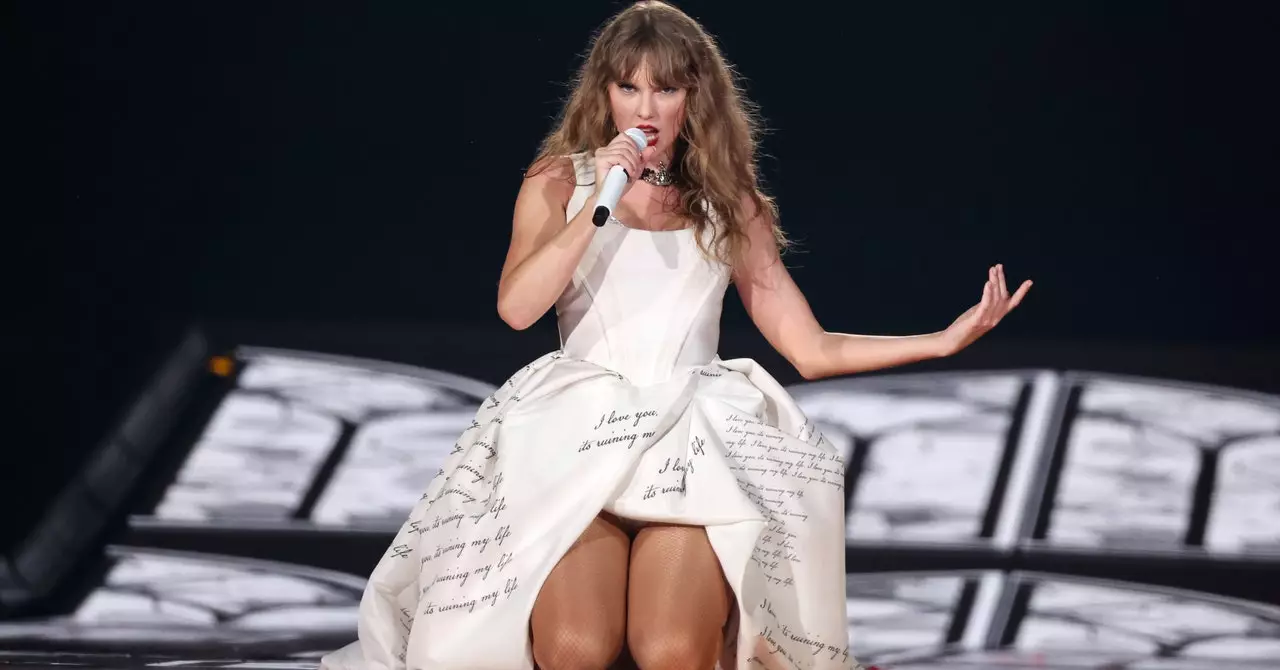The ticketing landscape in the United States has faced unprecedented scrutiny, particularly following a series of events that have cast a shadow over the operations of Ticketmaster and its parent company, Live Nation. A significant catalyst for this scrutiny was a highly publicized incident involving the ticket sales for a Taylor Swift concert. This led to a Senate hearing and a barrage of accusations against Ticketmaster, alleging that the company has manipulated market dynamics to create a monopolistic hold over concert ticket sales. In May, the U.S. Department of Justice (DOJ) took a decisive step by filing an antitrust lawsuit aimed at dismantling this perceived monopoly. The DOJ’s actions signal a growing government concern regarding the fairness of competition within the ticketing sector and the impact it has on consumers.
Live Nation’s Defense and the Complexity of Ticket Pricing
In response to the DOJ’s claims, Live Nation issued a rebuttal that underscores a critical point in this debate: the intricacies of ticket pricing and distribution. The company argued that the lawsuit is unlikely to yield results favoring consumers, as it fails to address the core issues of ticket accessibility, escalating prices, and the inescapable service fees that often accompany ticket purchases. Live Nation claimed that while the label of a “monopoly” might serve the DOJ’s narrative, it overlooks the broader economic factors affecting live event pricing. Furthermore, the firm asserted that service fees are primarily allocated to the venues rather than lining the pockets of Ticketmaster itself. This defense highlights the challenges of distinguishing between monopolistic practices and the normal competitive landscape of the entertainment industry.
The ticketing controversy has not only incited governmental intervention but has also galvanized fans, as evidenced by a separate lawsuit initiated by Taylor Swift’s supporters. The plaintiffs accused Ticketmaster and Live Nation of various wrongdoings, including breach of contract and fraud. Allegations suggest that Ticketmaster failed to honor its commitment to ensure that presale tickets were adequately accessible to dedicated fans. By enforcing exclusivity agreements with large venues, Ticketmaster allegedly obstructed fair competition, allowing the company to inflate ticket prices at will. The ramifications of such practices extend beyond mere finances; they resonate with music enthusiasts who feel disenfranchised and taken advantage of in a market that should cater to their passions.
Recently, the legal landscape has evolved as the plaintiffs’ new lawsuit seeks to broaden the scope beyond just Taylor Swift enthusiasts. The updated claims now encompass fans of various other artists and introduce allegations of racketeering under the RICO Act. This expansion reflects a collective dissatisfaction among concertgoers who perceive a systemic issue with the established ticketing system, hinting that Ticketmaster’s practices may not only be harmful to individuals but possibly indicative of a larger, more profound issue within the industry.
As the antitrust debate continues to unfold, with ongoing lawsuits and increasing pressure from both fans and government entities, the implications for Ticketmaster and the wider ticketing industry may lead to significant changes in how tickets are sold and how concertgoers are treated in an increasingly competitive marketplace. The outcomes of these legal battles will likely influence the future of ticket sales, potentially reshaping the relationship between artists, venues, and fans in the process.

